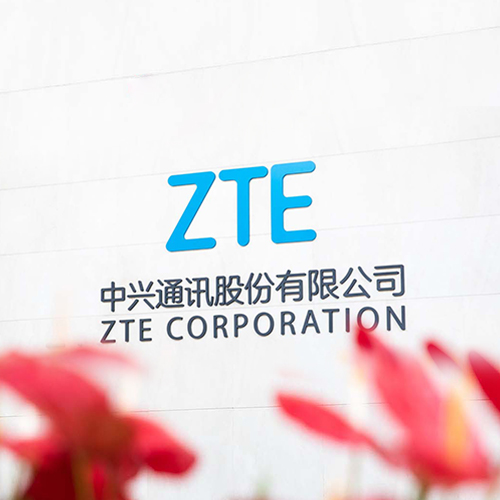9 May 2022, Shenzhen, China - Qualcomm Technologies, Inc., Three Austria and ZTE have successfully executed a 5G network demonstration using a standalone (SA) coverage layer based on 700MHz (n28) and the world's first supplemental downlink (SDL) band 1400MHz (n75), significantly boosting rural throughput and the capacity of standalone mode NR.
Today, 5G commercial services in Europe are primarily operating in the 3500MHz (n78) TDD band using the non-standalone (NSA) mode of the 5G standard to address growing performance and capacity demand in more populated dense and urban areas. Typically, TDD n78 bands have larger operating bandwidths (between 40MHz – 100MHz depending on carriers' licensed spectrum capabilities) providing greater speeds and network capacity. The next step in 5G evolution is to move towards standalone mode using the new 5G core architecture which will power enhanced consumer experiences - with faster peak speeds, more available connections, lower latency, and higher throughput - and allow for industry growth in areas such as Industrial IoT and cloud services.
At present, cities have a higher number of frequencies and support higher capacity thanks to a greater number of network masts and more extensive use of 3500GHz (n78) frequency. As 5G rollouts expand, legacy technology FDD bands of 3G and 4G/ LTE like 800MHz (n28), 2100MHz (n1), 1800MHz (n3), and 2600MHz (n7) with bandwidths varying from 5MHz-20MHz are being re-farmed into 5G bands to improve the 5G footprint in rural areas.
Qualcomm Technologies, Three Austria and ZTE have come together to demonstrate 5G SA operating in the 700MHz (n28) band along with the world’s first supplemental downlink band 1400MHz (n75) with 30MHz bandwidth. This important milestone helps in accelerating 5G expansion in suburban and rural areas with enhanced downlink speeds and coverage for customers. The commercial deployment model has significant potential for operators to improve 5G coverage with 5G SA deployments across the remainder of Europe.
Enrico Salvatori, senior vice president, Qualcomm Europe, Inc. and president, Qualcomm Europe/MEA, said, “We're proud to be a key contributor to this demonstration as it is a crucial step in the evolution of 5G. As we move towards 5G standalone, this is a significant stride forward in the next stage of 5G commercialisation and more widespread 5G adoption. This milestone will take the ecosystem further down the 5G path, unlocking more of the exciting benefits of 5G to people and industries across Europe, and making 5G an even more compelling proposition to mobile network operators (MNOs) in rural areas.”
Christian Woschitz, President of ZTE Central and Eastern Europe, said, “We are very excited, as the test of 700 MHz and SDL band at 1400 MHz is a bright promise to guarantee the smooth evolution, boost the eco-system and promote user experience of 5G network. The practice brings new business opportunity for both operators and vendors. It also serves as a convincing demonstration of ZTE's deep cooperation with our collaborator Qualcomm Technologies, and our ever-lasting will of growing together with Three Austria.”
Matthias Baldermann, CTO at Three Austria, said, “In 2020 we acquired 5G spectrum in several frequency bands. Especially the new SDL band at 1400 MHz has the potential to improve the downlink experience substantially. The first implementation and successful testing of this band worldwide together with Qualcomm Technologies and ZTE is a major step towards commercialization of the full 5G potential and bringing high quality broadband coverage also to remote rural areas.”

